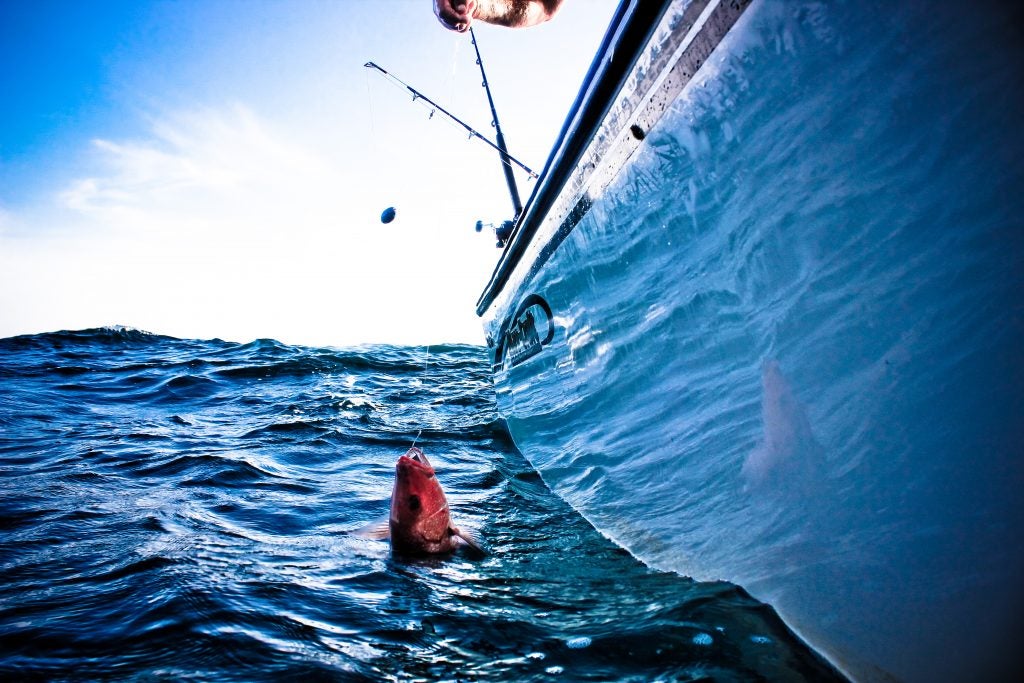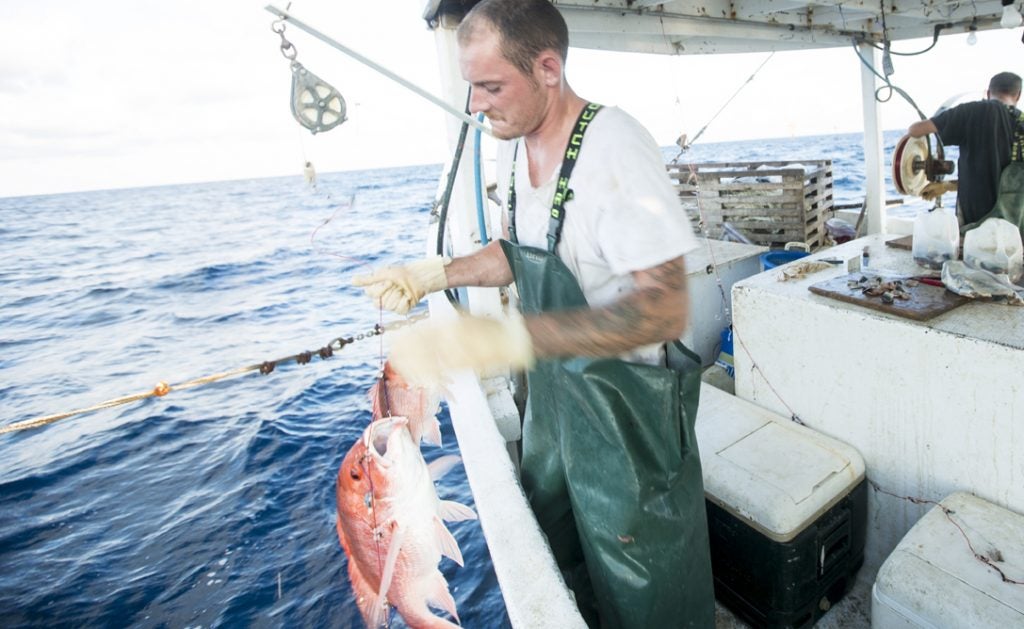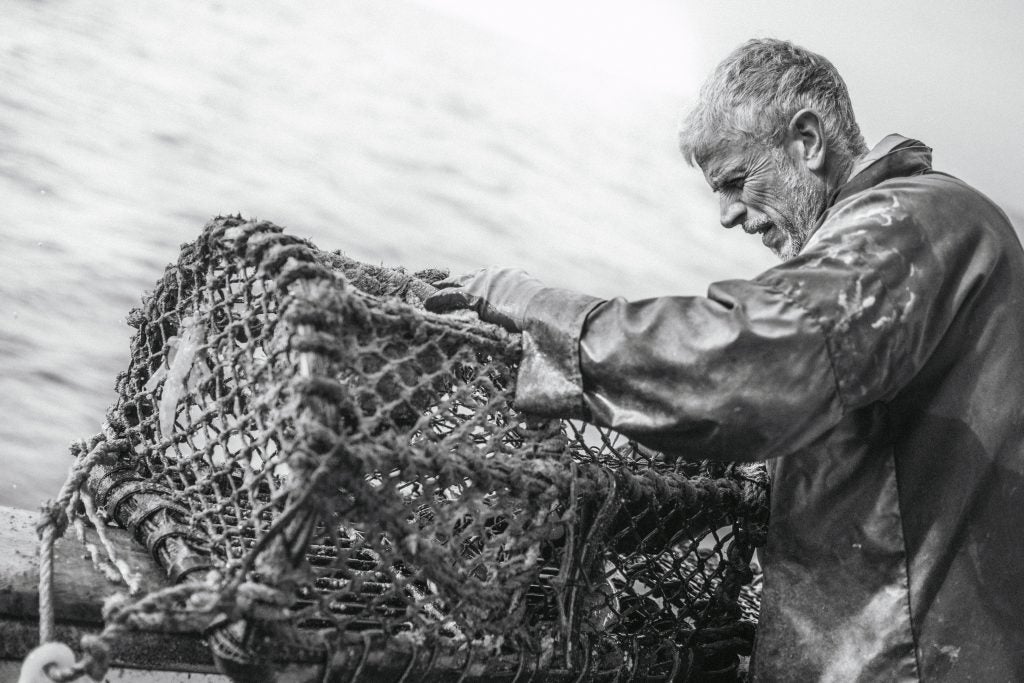A new paper published in the current issue of Fisheries Research finds that giving recreational fishing businesses the flexibility to take customers fishing when they want to in exchange for carefully tracking what they catch is a win-win for the environment and the economy. The results of a pilot program show that this added flexibility and accountability enables more fishing trips over a year-round fishing season, higher earnings for businesses, better data collection, adherence to science-based catch limits, and improved conservation of fish populations.
A growing number of commercial fisheries are operating under effective management that provides economic benefits to communities while ensuring fishermen stay within sustainable catch limits and contribute to rebuilding progress. This is good for the environment, the economy, and seafood consumers around the country. But unlike their commercial fishing counterparts, marine recreational fisheries have seen little policy innovation. Instead, they have been stuck in management that relies on season, size, and bag limits, promoting a “race to fish” resulting in even tighter regulations and growing waste of fish populations. The cost of inaction is high, as recreational fisheries are increasingly important to ocean ecosystems and coastal economies. Read More












